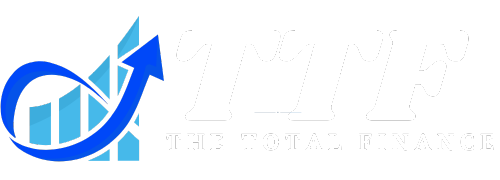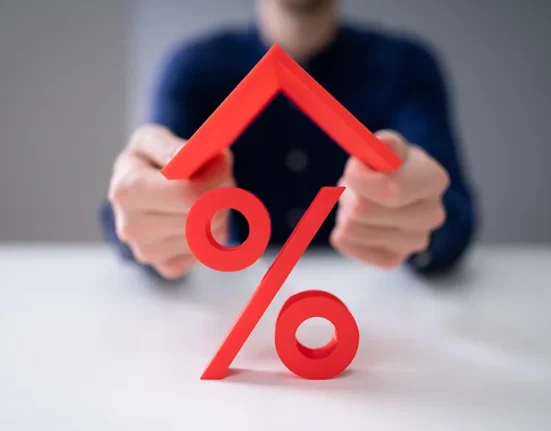In the year 2025, many investors face a common problem: do they value real estate investment to the detriment of the stock market? Every investment has its positives and negatives, and as such it is important to understand the key differences between real estate and stocks before investing your capital. We will discuss the most important aspects to enable you to make a decision on long-term real estate or stock market investments.
The Appeal of Real Estate Investment
- Tangible Assets and Control
There is a rich history of real estate investment proving to be a worthwhile form of wealth generation. Although stocks are ownership of a business, real estate includes actual buildings and parcels of land. The actuality of real estate provides investors with the sense of security and control that is not common among stock market investors.
- Consistent Rental Income
Investors in real estate are often fond of the constant flow of income that comes from renting out property. For many interested in creating passive income, the regular money flow from property investments is especially appealing.
- Market Trends and Capital Appreciation
Additionally, sustained increases in demand for housing in urban and emerging markets in 2025 suggest a demand for capital appreciation in real estate.
- Leverage and Tax Benefits
Another advantage is leverage. Using mortgages, real estate investors may benefit from properties worth a lot of money, while their initial capital is low. This can significantly amplify returns. Other tax savings, such as deductions for interest on mortgages and property tax, help make the investment in real estate profitable.
- Inflation Hedge
Finally, real estate serves as a good inflation-proofing mechanism. Increasing inflation usually succeeds in increasing property values and rental rates, thus enabling investors to retain their purchasing power. It is the consistent revenue, value appreciation space and inflation protection by real estate that make it appealing for a large pool of investors.
Understanding Stock Market Investing
- Liquidity and Flexibility
By comparison, stock market investing has its own set of very compelling benefits. It is easy to sell stocks because of their liquidity, hence giving investors instant cash.
- Potential for Higher Short-Term Gains
The stock market, during bullish periods, represents a tool for investors to get higher short-term profits.
- Historical Returns and Volatility
In the long term, the stock market usually generates approximately 10% average annual returns, but with massive variability levels.
- Ownership and Dividends
Shares confer on shareholders a right in the companies that employ such stocks, hence enabling them to benefit through dividends and capital appreciation.
- Passive Investment Approach
One of the greatest stock investing benefits is minimal effort. Real estate requires property management and maintenance that stock does not have. This feature makes investing in the stock market especially attractive to those who want to be involved as little as possible.
- Market Risks
All the same, unpredictable stock swings caused by economic slump, political happenings, and investors’ perception might affect stock values. For investors who prefer greater stability or are looking for shorter goals, the market’s instability could become particularly demanding.
Real Estate vs Stocks: Key Factors to Consider
- Stability vs Liquidity
There are several things that investors may consider on the way they would decide between real estate and stocks. Real estate is an investment that frequently catches the eye of investors who desire high stability, tangible assets, and regular income. Real estate is a feasible alternative for individuals who are willing to work out the properties themselves or who are willing to give the work to professionals in management. For their part, stocks offer higher liquidity and require lesser amounts of initial investment, hence the larger pool of investors they attract.
- Risk Tolerance and Management
Stocks are usually more favorable towards individuals who can not only stand up to the fluctuations in the market but also prefer a passive investment approach. Each option has its trade-offs. Even though the property ownership entails huge initial outlays and maintenance, it enables direct administration and a constant source of income. Although stocks provide for diversification and easy purchase and sale, they are also prone to unpredictable market moods not in the hands of the investor.
Why Real Estate Investment May Be the Smarter Choice in 2025
- Economic Environment and Market Trends
Considering the current economic situation that is marred by inflationary strains and fluctuating markets, the time is ripe for an investment in real estate in 2025. Performances of the real estate markets indicate a strong interest in properties in key areas with favorable effects on property valuations and income from rentals.
- Financial Stability Through Passive Income
Rental properties’ passive income can strengthen the financial stability and, therefore, be a safe option while the stock market yields are uncertain.
- Tangible Security and Control
The tangible nature of real estate also provides emotional and financial security, as investors have direct control over their assets.
- Balancing Risk and Reward
The physical property of real estate adds elements of emotional and financial security and conveys a sense of management over investment for investors.
The Best of Both Worlds: Diversifying Your Portfolio
By investing in real estate as well as stocks, investors usually get the best combination of stability and growth. The risk can be reduced, and investors can profit from the benefits of every asset by investing in securities and in property.
Real estate investments guarantee consistent income and protect from inflation, unlike stocks, which provide the potential to grow at a competitive pace, but with the liquidation of the stock being easier. Investors create a balanced portfolio suitable for surviving different scenarios in the market by combining both.
Conclusion
Whether to invest in real estate or the stock market is a decision that should come after you have well-defined financial goals, risk tolerance, and investment period in mind. Real estate investment in 2025 can be of specific interest to people who prefer to go with the flow, own something, and enjoy regular passive earnings. If you find liquidity and the ability to control market volatility interesting, investing in stocks might be more beneficial.
Understanding the differences between real estate and stocks and examining the current real estate market situation allow you to make a wise decision on the investment in the sphere of wealth creation in 2025.








